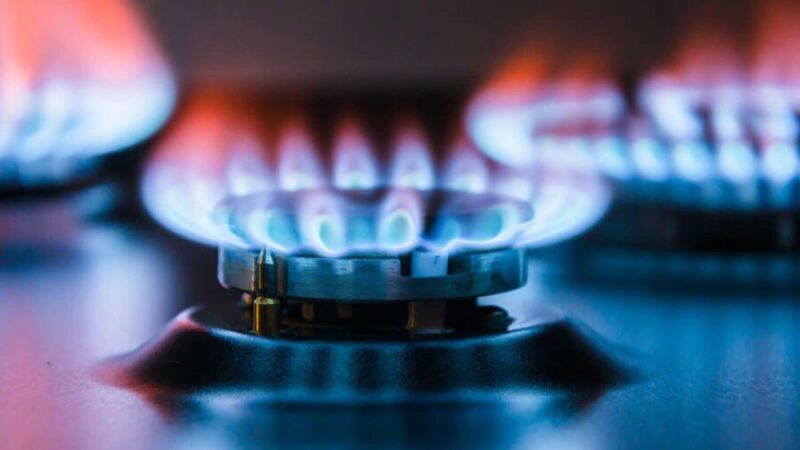Moldova has declared an energy alert following an attack by Ukrainian forces in Russia and the capture of the city of Sudja, home to a vital gas supply facility for the former Soviet republic. The decision was taken by the Chisinau government in response to a critical situation that could affect the country’s energy supply.
The announcement came after a meeting of Moldova's Extraordinary Situations Committee, which decided that declaring an energy alert would allow responsible institutions “the necessary tools to carefully monitor the situation and intervene quickly if necessary,” the executive said in an official statement.
Moldova’s natural gas transmission system operator, Vestmoldtransgaz, proposed the decision to declare an energy alert after receiving a notification from its Ukrainian counterpart about the Sudzha gas pumping station. The town, with a population of about 5,000, is located about 60 kilometers from the Kursk nuclear power plant and less than a kilometer from the Ukrainian border, where heavy fighting is taking place and tens of thousands of people have already been evacuated.
Despite the potential risk of gas supply disruptions, Moldovan Energy Minister Victor Barlikov downplayed concerns, saying there was no imminent risk of a supply cut. However, the minister admitted that his ministry would need time to manage the situation in the event of a disruption. “There are factors that are not dependent on us and that we cannot control in the areas where military operations are taking place. Therefore, we must be prepared for any scenario.”
Moldova's dependency and its effects
Russian gas, extracted at Sudzha, passes through Ukraine to the Kosirjan power plant, located in Transnistria, a pro-Russian breakaway region that declared de facto independence in 1990. Although Moldova has said it no longer relies directly on gas from Gazprom, the country still relies indirectly on the Russian company for electricity production at this plant. So far, Chisinau has not found a safe and economical alternative to replace this supply.
The only precedent for an energy alert was in October 2022, when the state-owned Gazprom consortium reduced gas deliveries to Moldova by about 30%. At the time, the Moldovan government implemented measures such as reducing public lighting and recommending electricity conservation. Authorities in Tiraspol, the capital of Transnistria, also announced cuts in gas supplies to major companies, including the Kosirjan plant. As a result, Chisinau was forced to turn to the European market, specifically Romania, for electricity, which costs three times more than Russian gas, increasing the plant’s dependence on Transnistria.
In the spring of 2023, Minister Barlikov stated that Moldova could not terminate the gas supply contract with Gazprom, due to the low price compared to the European market. In 2022, more than 14 thousand cubic meters of gas were transported through the Sudzha terminal, which is almost half of the total Russian gas exports to Europe, which fell significantly after the start of the Russian invasion of Ukraine in February 2022.
If supplies via Sudja are cut off, Transnistria will be left without natural gas and Chisinau could face an electricity crisis. “If the gas transport is cut off, the MGRES plant will stop working and we will have to import electricity from Romania,” energy expert Sergiu Tofilat told El Pais. “The Transnistrian region will be the hardest hit. Gazprom will have to urgently reroute gas supplies via the Turkish Stream.” [pelo Mar Negro]If there is still capacity in the pipelines, otherwise the Transnistrian region will ask for our help to avoid a humanitarian crisis, which will require a reintegration process. Tofilat also stressed that “the costs will be very high” and that “external assistance will be necessary to manage the situation”.

“Wannabe internet buff. Future teen idol. Hardcore zombie guru. Gamer. Avid creator. Entrepreneur. Bacon ninja.”

